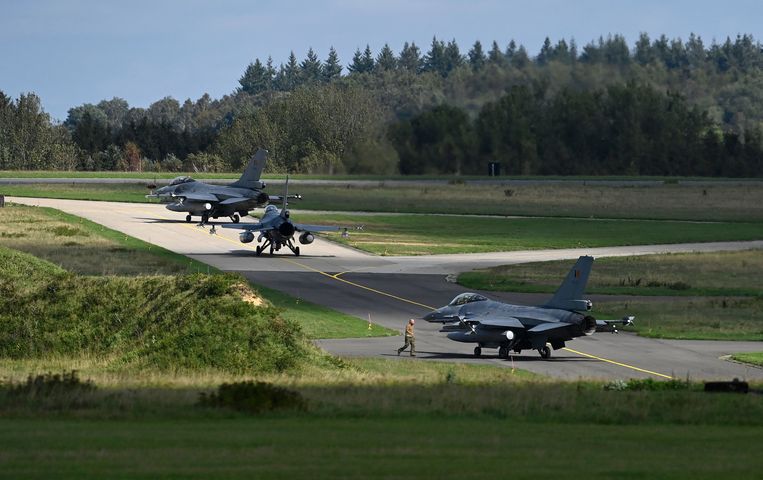In a letter to the European Commission, Belgium and twelve other member states of the European Union have expressed their “serious concern” about import restrictions on Ukrainian grain in a number of Eastern European countries.
At the end of last month, the Commission reached an agreement with Poland, Hungary, Slovakia and Bulgaria to temporarily restrict imports of certain Ukrainian agricultural products into those countries. Wheat, maize, rapeseed and sunflower seeds from Ukraine are no longer allowed on the market, only transit to other Member States is still possible. In addition, the Commission also offered the five countries EUR 100 million in support for their farmers.
However, Federal Agriculture Minister David Clarinval, supported by the regions, and his colleagues from France, Germany, the Netherlands, Ireland, Greece, Austria, Croatia, Estonia, Denmark, Spain, Slovenia and Luxembourg express their deep concern in a letter to the Commission about this “selective restriction of imports” from Ukraine, which “leads to different treatment in the internal market”.
“There is at least a need for clarification” about how these measures relate to the rules and functioning of the internal market, European obligations towards Ukraine and the impact on other member states, say the agriculture ministers, who also charge that these measures were taken “without consultation with Member States”. The ministers also want more explanation about the support package of 100 million euros.
A spokeswoman for the Commission confirmed receipt of the letter on Friday. “We will respond in due time,” it said. The spokeswoman emphasized that the other member states were informed about the agreement “through normal procedures”.
The measures are provisionally valid until 5 June. However, the countries concerned have already indicated that they want to keep the import restrictions. A few weeks before the deal with the Commission, they themselves had already introduced unilateral import bans because a lot of Ukrainian grain destined for third countries remained on their markets due to logistical problems. As a result, prices for local farmers fell sharply. However, grain exports are an important source of income for Ukraine during the war with Russia.
